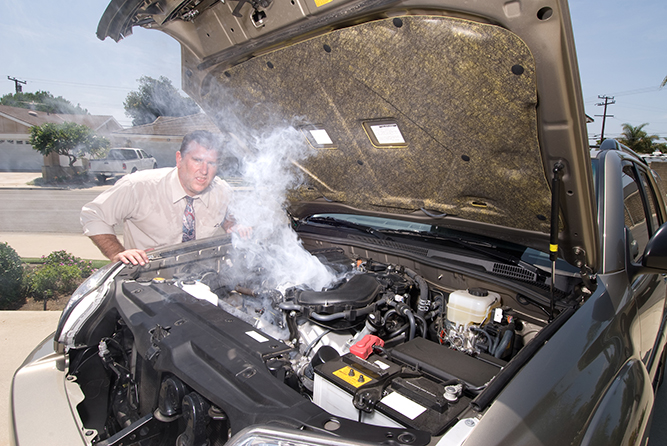A Car Engine Gets Hot After a Long Ride Because
Introduction
A car engine is a complex machine that converts the chemical energy of gasoline into mechanical energy to power the vehicle. This process generates a lot of heat, which is why car engines typically run at high temperatures. After a long ride, the engine will be even hotter than usual, and this can lead to problems if it is not properly cooled.
Causes of Engine Overheating
There are several reasons why a car engine can overheat, including:
- Insufficient coolant: The coolant in a car’s engine absorbs heat and helps to keep the engine cool. If the coolant level is low, the engine will not be able to cool itself effectively and will overheat.
- Coolant leak: A coolant leak can also cause the engine to overheat. If there is a leak in the coolant system, the coolant will leak out and the engine will not be able to stay cool.
- Dirty radiator: The radiator in a car’s engine helps to transfer heat from the coolant to the outside air. If the radiator is dirty, it will not be able to transfer heat effectively and the engine will overheat.
- Faulty water pump: The water pump in a car’s engine circulates the coolant through the engine. If the water pump is faulty, the coolant will not be able to circulate and the engine will overheat.
- Thermostat stuck closed: The thermostat in a car’s engine controls the flow of coolant through the engine. If the thermostat is stuck closed, the coolant will not be able to circulate and the engine will overheat.
Consequences of Engine Overheating
Engine overheating can lead to a number of problems, including:
- Engine damage: Overheating can cause damage to the engine’s components, such as the pistons, cylinders, and valves.
- Head gasket failure: Overheating can cause the head gasket to fail, which can lead to coolant and oil leaks.
- Engine seizure: In severe cases, overheating can cause the engine to seize up, which will require a major repair or even a new engine.
Preventing Engine Overheating
There are several things you can do to help prevent your car’s engine from overheating, including:
- Check the coolant level regularly. The coolant level should be checked at least once a month, and more often in hot weather.
- Look for coolant leaks. If you notice any coolant leaks, have them repaired as soon as possible.
- Clean the radiator regularly. The radiator should be cleaned at least once a year, and more often if you drive in dusty or dirty conditions.
- Check the water pump regularly. The water pump should be checked for leaks and wear and tear at least once a year.
- Replace the thermostat regularly. The thermostat should be replaced every 5 years or 60,000 miles.
Conclusion
Engine overheating is a serious problem that can lead to costly repairs or even a new engine. By following the tips in this article, you can help prevent your car’s engine from overheating and keep it running smoothly for years to come.





